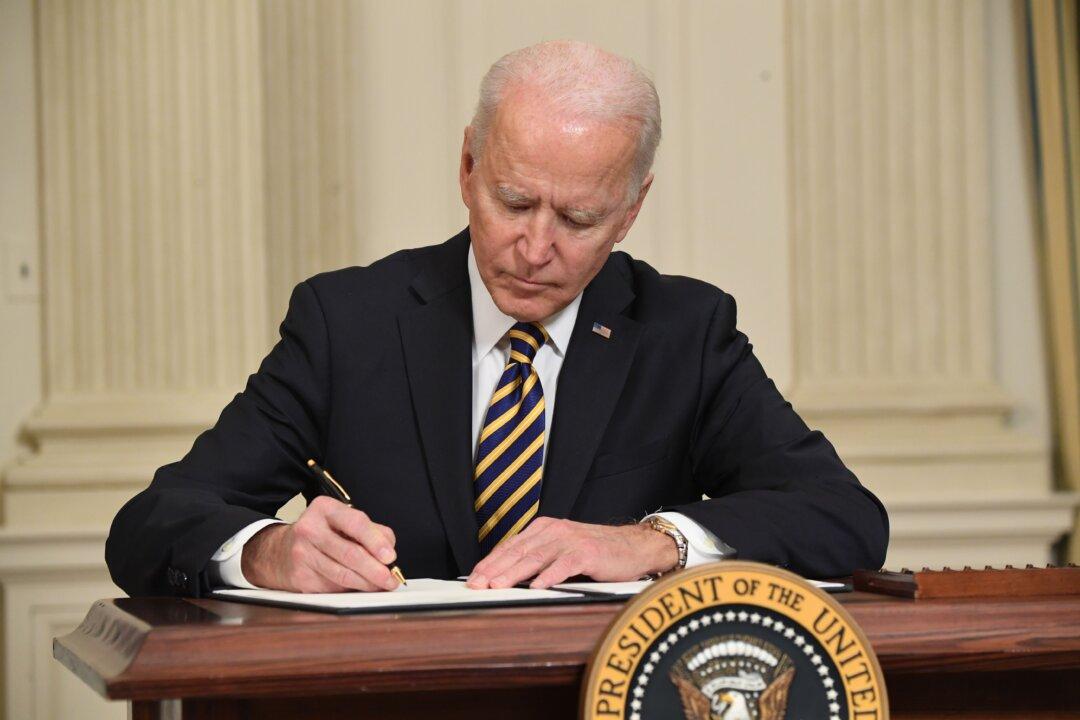WASHINGTON—The White House reacted to a published report that stated President Joe Biden, to please environmentalists, is planning to import most of the metals needed for electric vehicle production instead of sourcing from U.S. miners.
Reuters reported on May 25 that the United States would source metals for electric cars from ally countries such as Canada, Australia, and Brazil, citing two administration officials with direct knowledge of the matter. This was contrary to what the Biden campaign promised before the election.





